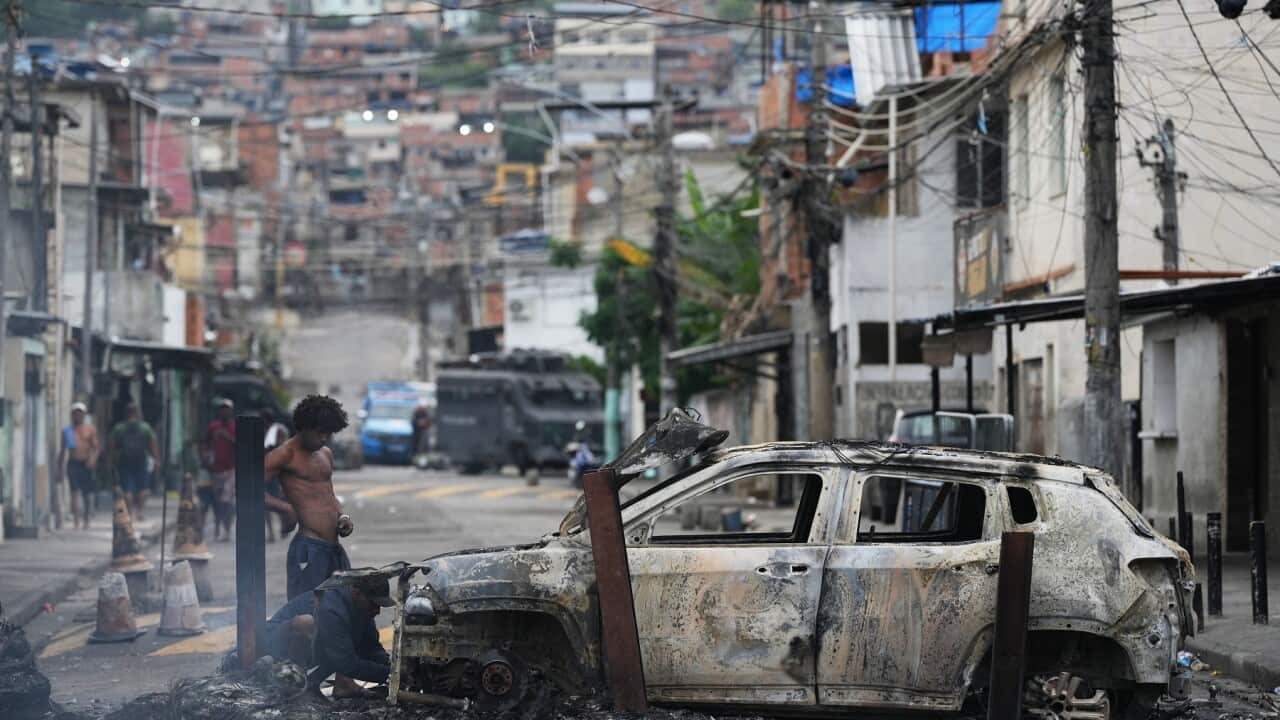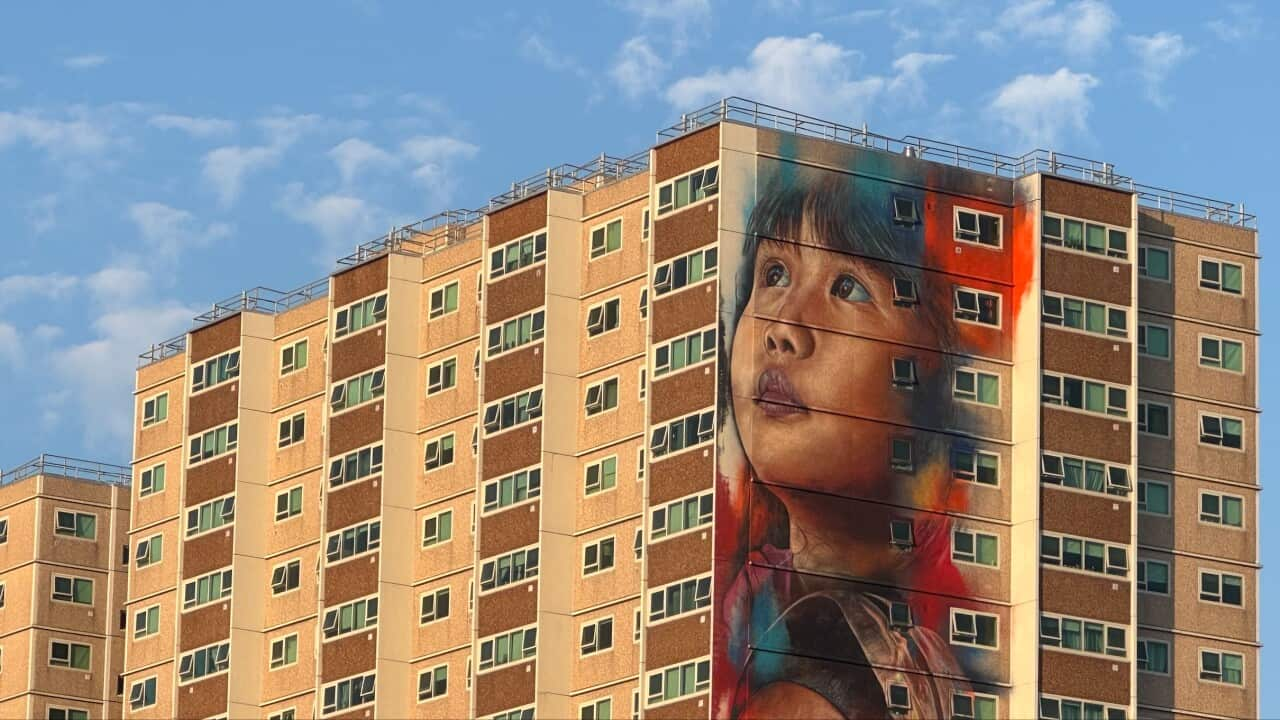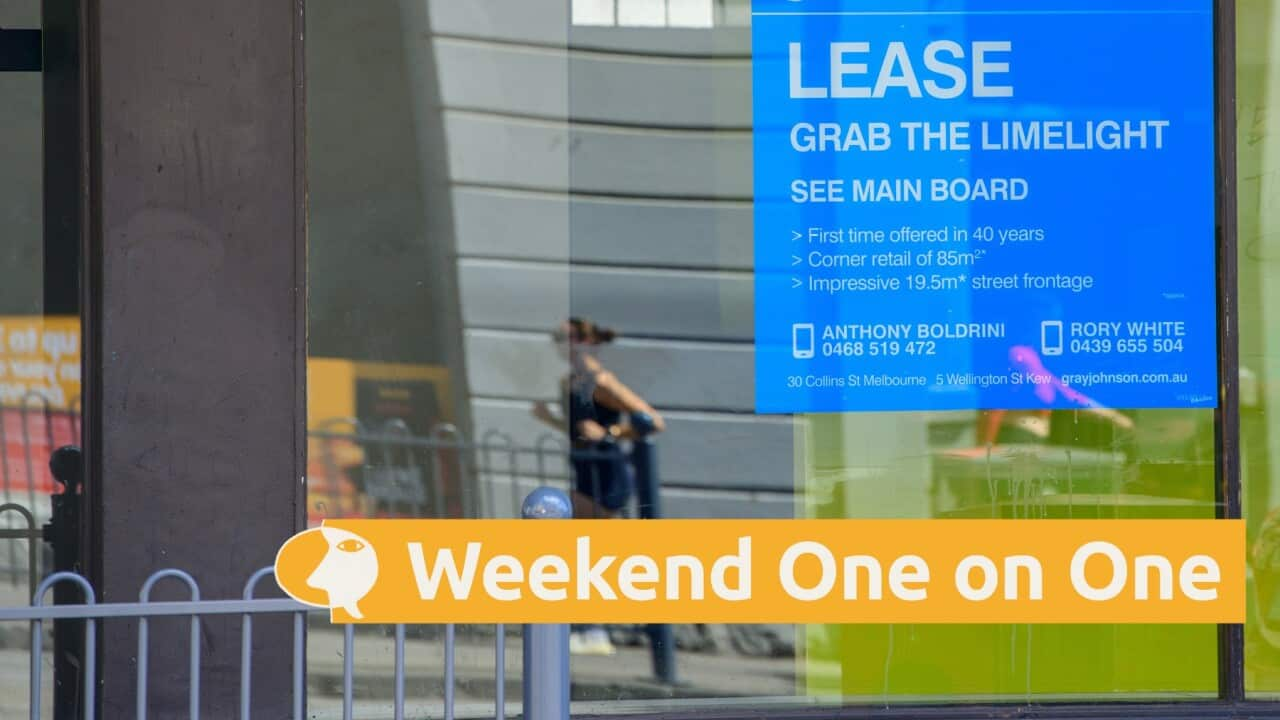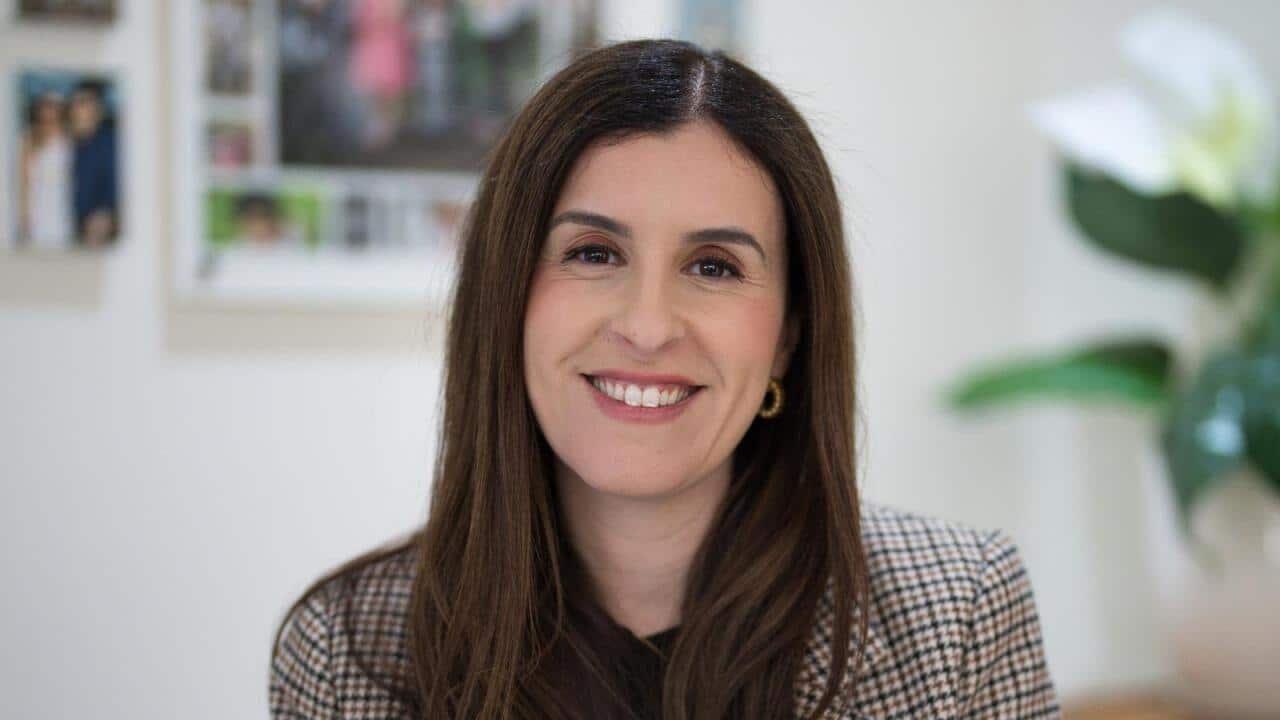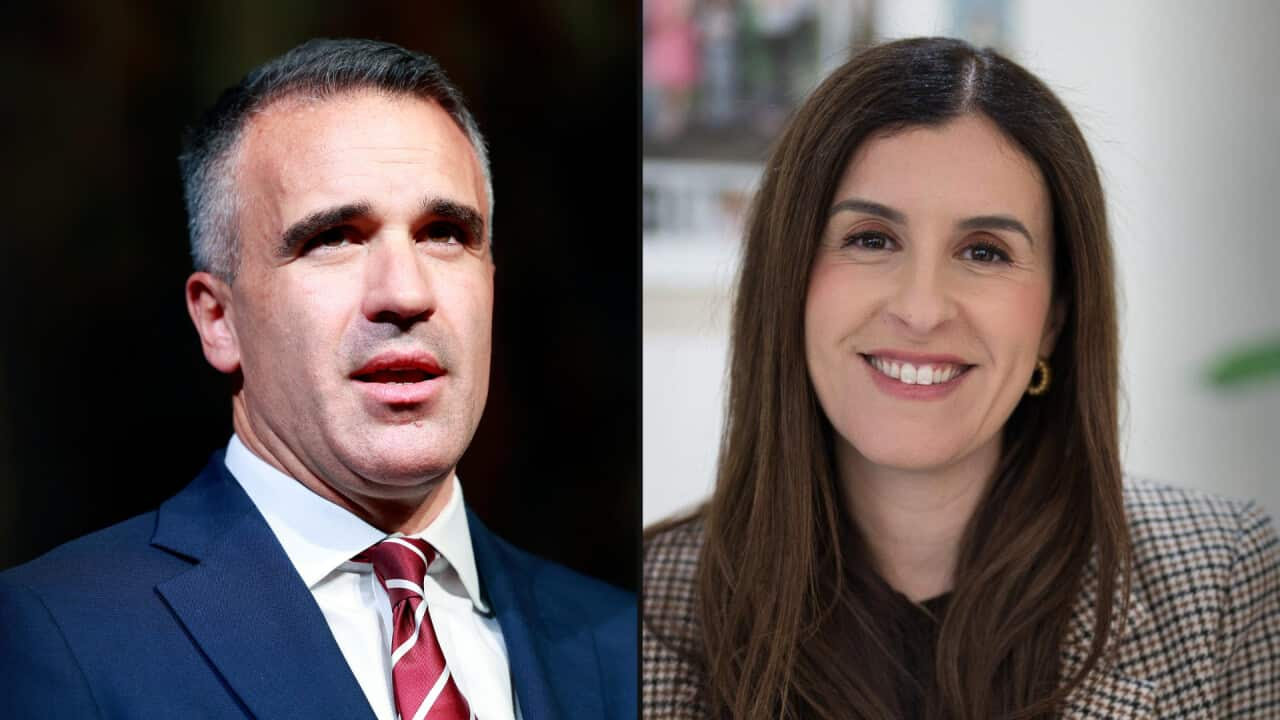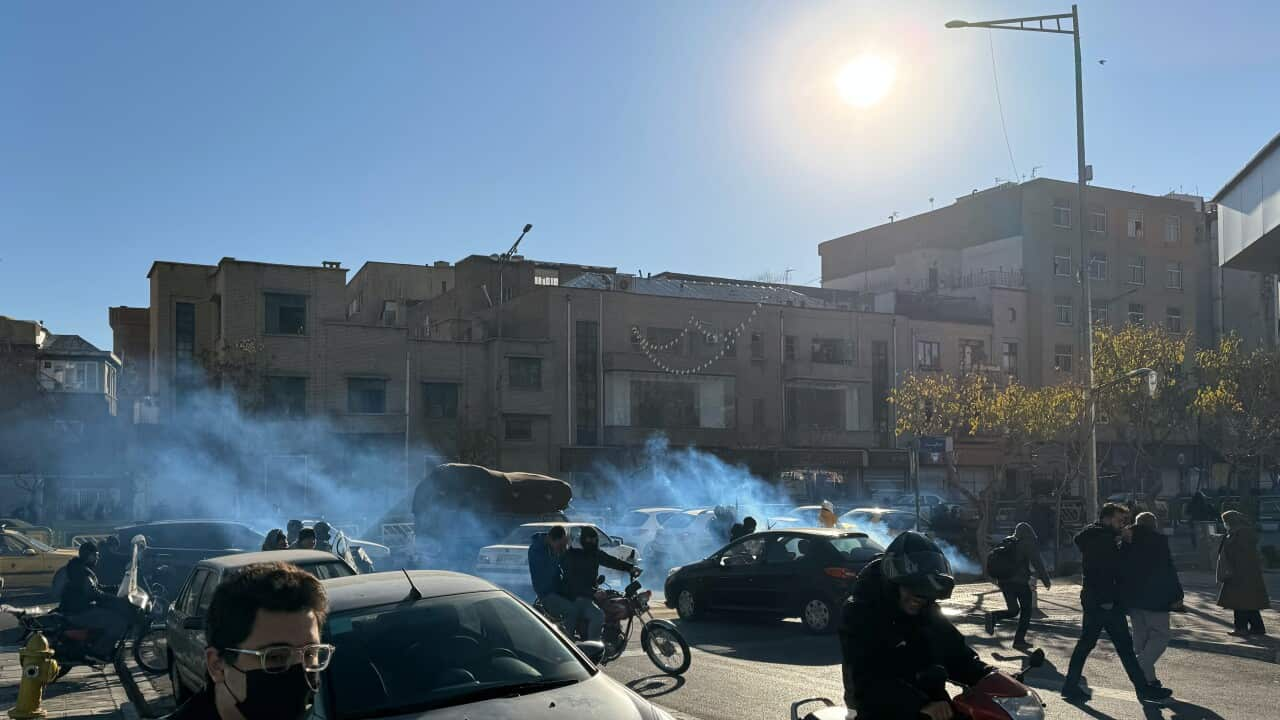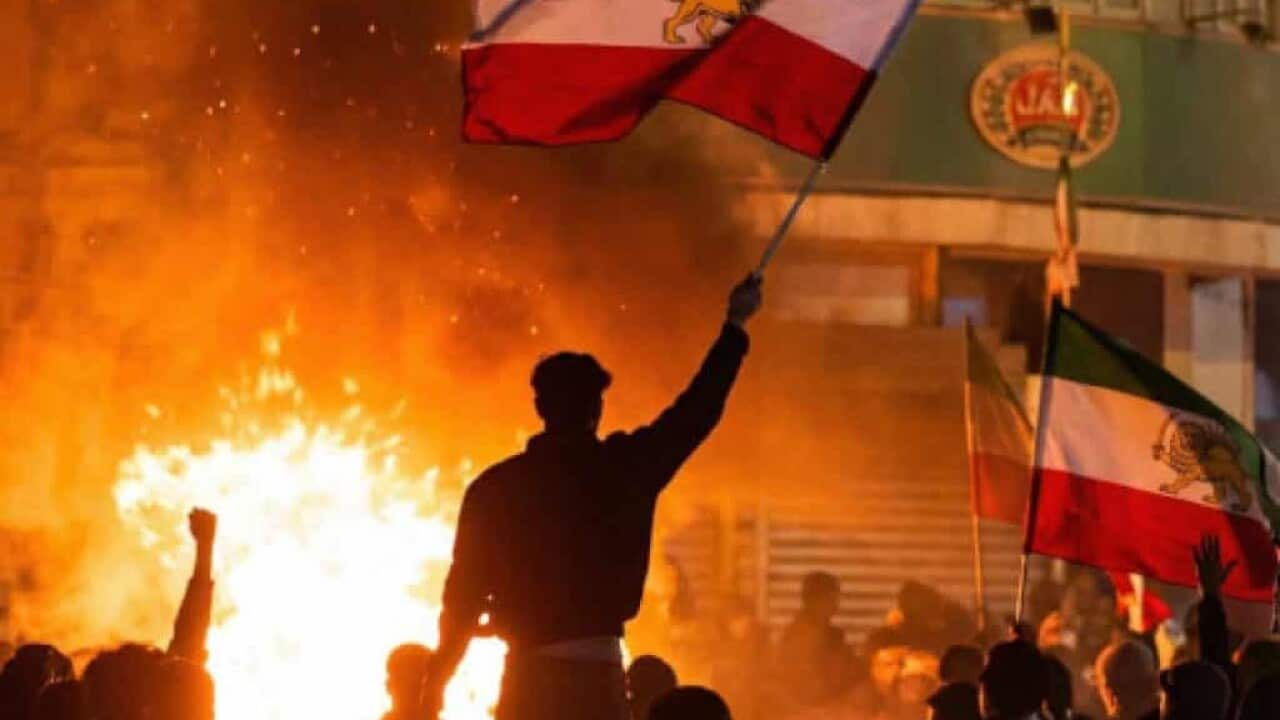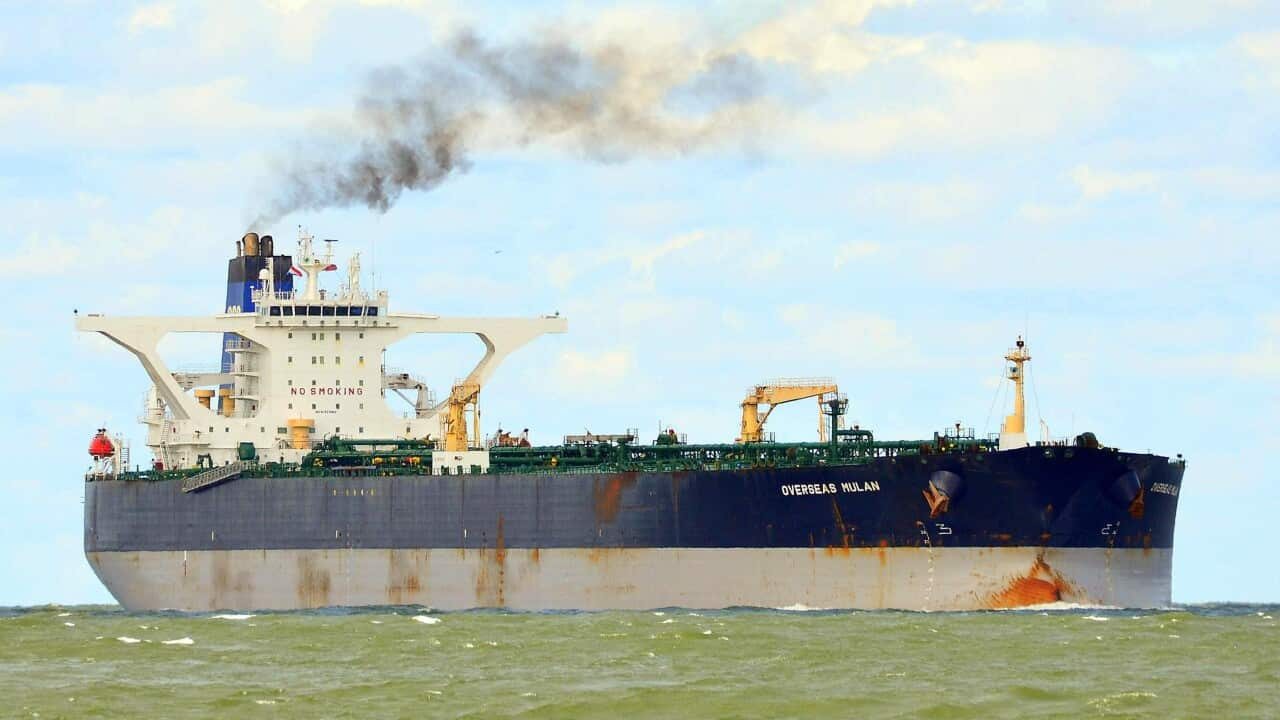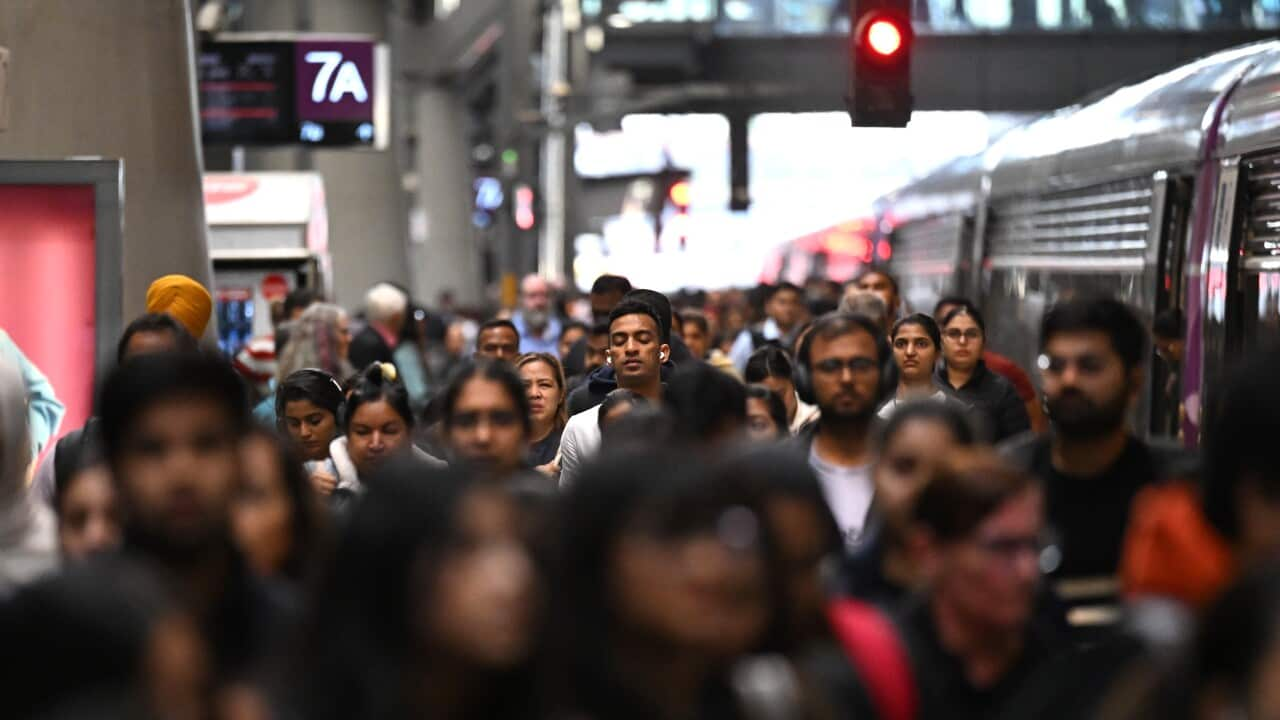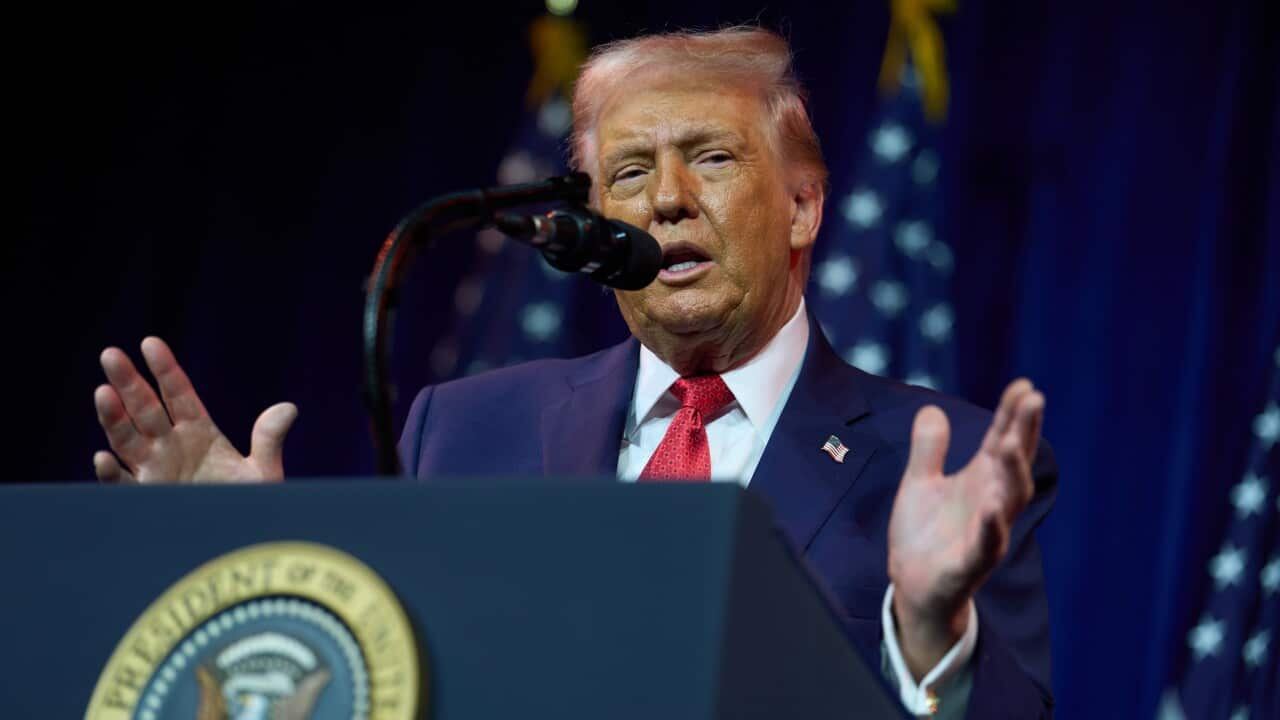TRANSCRIPT:
From next week until mid November, foreign leaders, diplomats and even royalty will be in Brazil.
Sao Paolo, Belem and Rio de Janiero will play host to events as part of the COP 30 climate summit - and to tens of thousands of visitors.
All of them will be safe, according to the Brazilian interior ministry.
Brazilian police held a security drill in Belem on Tuesday - but it was another police operation the same day that has seen the US consulate issue a travel warning.
"Yesterday we delivered a hard blow to crime, showing that we are capable of winning battles, capable of playing our part, but we also have the humility and certainty to recognise that this war will not be won alone."
That was Rio de Janiero State governor Claudio Castro - and the war he referenced is on the Red Command - Comanda Verhelo - an organised crime group based in two heavily-populated favelas in Rio de Janiero.
But Rio's police and government are under scrutiny for what could be the deadliest police operation in Brazilian history.
About 2,500 police and soldiers were involved in a massive raid on drug-trafficking gangs, with the operation including officers in helicopters and armoured vehicles in the sprawling low-income favelas of Complexo de Alemao and Penha.
81 suspects were arrested, but the raid also sparked shootouts that have left at least 119 people dead.
Raull Santiago is a social communicator and activist.
“I am at a loss for words to convey the significance, the gravity of what we have been witnessing since yesterday, into the early hours of this morning, which I believe will go down in history as one of the greatest massacres in our country. Based on the official figures released by the government yesterday and the bodies we have found so far, more than 100 people have been executed.”
Brazilian President Luiz Inacio Lula da Silva is said to be horrified by the high death toll.
His colleague, Justice Minister Ricardo Lewandowski, says the Brazilian government was not involved in the state's plans or aware of their scale.
"Neither the president nor we have all the complete data yet. We only have information from the press. We are going to Rio de Janeiro to examine the situation on the ground, verify the number of dead, injured, and who was affected. The first impression is clearly that this was an extremely bloody and violent operation."
In the aftermath, residents of the Complexo da Penha favela gathered the bodies of loved ones, crowding around them as they awaited collection by forensic teams.
Some wept while others screamed “massacre" and “justice”, as family members found their relatives' remains.
Among them is Beatriz Nolacho, whose nephew was among those killed.
"They wouldn’t let any family members go up to search for the bodies or help. There were many people still alive in the woods, with police officers shooting at residents. I have videos, I can show everything; I can prove that the State Civil Police—whoever it was—entered Complexo do Alemao to commit a massacre. This wasn’t an operation, it was a massacre."
Felipe Curi is the secretary of public security for the Rio de Janiero police.
He has rejected the description of the raid as a massacre - and the word's implication.
“What we did yesterday was a legitimate action by the state to enforce court orders, 180 search and seizure warrants, and about 100 arrest warrants. Those who chose to confront us were neutralised. The police's reaction depends on the criminal's actions. It's that simple.”
The attacked favelas are home to millions of people, many who are now petrified and in shock - including community leader Carlos da Silva.
“That's cowardly, it's carnage, you only see this the war in Iraq and Gaza Strip. Looks like big tragedies like tsunamis and earthquakes, with bodies all over each other. There was on up there where the body was in one place and the head in another. How do you explain that?”
Meanwhile, some residents of the city say they don't feel safe at all.
"It's tense, it's very tense. I've never been through this before. I'm born and raised here in Rio, I live here in Rocinha and it's chaos. So I've never seen anything like this before. It's terrifying.”
“Besides fear, obviously, the problem is that we feel that we’ve gotten used to this, you know? That's the problem. We got used to something that isn't right.”
The U-N wants an explanation, too.
Its leadership are calling for an independent inquiry into the police operation, with concerns over the impact on marginalised communities in poor areas.
Rio's police have a history of carrying out large-scale raids ahead of major events, including for the 2014 World Cup, the 2016 Olympics, the 2024 G-20 summit, and this year's BRICS summit.
Rio's mayor and governor have insisted that the violence had nothing to do with the summit events being staged across three cities.
But UN Human Rights Spokesperson on Brazil, Marta Hurtado, says this raid is one of many similar events.
“Brazil must break the cycle of extreme brutality and ensure that law enforcement operations comply with international standards regarding the use of force."
